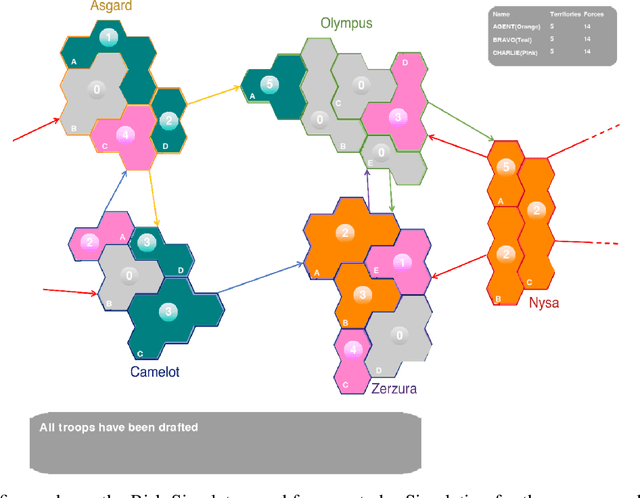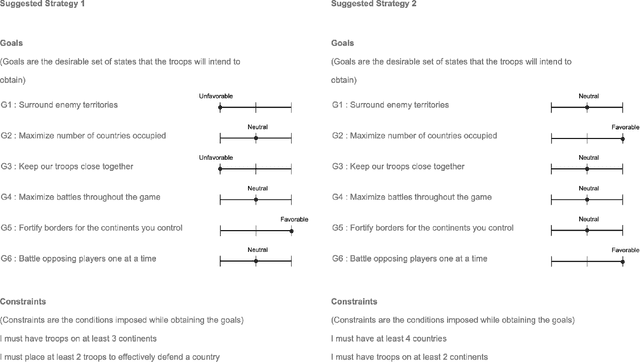Erin Hedlund-Botti
The Effect of Robot Skill Level and Communication in Rapid, Proximate Human-Robot Collaboration
Apr 07, 2023Abstract:As high-speed, agile robots become more commonplace, these robots will have the potential to better aid and collaborate with humans. However, due to the increased agility and functionality of these robots, close collaboration with humans can create safety concerns that alter team dynamics and degrade task performance. In this work, we aim to enable the deployment of safe and trustworthy agile robots that operate in proximity with humans. We do so by 1) Proposing a novel human-robot doubles table tennis scenario to serve as a testbed for studying agile, proximate human-robot collaboration and 2) Conducting a user-study to understand how attributes of the robot (e.g., robot competency or capacity to communicate) impact team dynamics, perceived safety, and perceived trust, and how these latent factors affect human-robot collaboration (HRC) performance. We find that robot competency significantly increases perceived trust ($p<.001$), extending skill-to-trust assessments in prior studies to agile, proximate HRC. Furthermore, interestingly, we find that when the robot vocalizes its intention to perform a task, it results in a significant decrease in team performance ($p=.037$) and perceived safety of the system ($p=.009$).
Towards the design of user-centric strategy recommendation systems for collaborative Human-AI tasks
Jan 17, 2023



Abstract:Artificial Intelligence is being employed by humans to collaboratively solve complicated tasks for search and rescue, manufacturing, etc. Efficient teamwork can be achieved by understanding user preferences and recommending different strategies for solving the particular task to humans. Prior work has focused on personalization of recommendation systems for relatively well-understood tasks in the context of e-commerce or social networks. In this paper, we seek to understand the important factors to consider while designing user-centric strategy recommendation systems for decision-making. We conducted a human-subjects experiment (n=60) for measuring the preferences of users with different personality types towards different strategy recommendation systems. We conducted our experiment across four types of strategy recommendation modalities that have been established in prior work: (1) Single strategy recommendation, (2) Multiple similar recommendations, (3) Multiple diverse recommendations, (4) All possible strategies recommendations. While these strategy recommendation schemes have been explored independently in prior work, our study is novel in that we employ all of them simultaneously and in the context of strategy recommendations, to provide us an in-depth overview of the perception of different strategy recommendation systems. We found that certain personality traits, such as conscientiousness, notably impact the preference towards a particular type of system (p < 0.01). Finally, we report an interesting relationship between usability, alignment and perceived intelligence wherein greater perceived alignment of recommendations with one's own preferences leads to higher perceived intelligence (p < 0.01) and higher usability (p < 0.01).
 Add to Chrome
Add to Chrome Add to Firefox
Add to Firefox Add to Edge
Add to Edge